What Is CORE?
CORE is a username and password protected web-based application that features a collection of resources designed to enhance mental health service delivery and improve clinical outcomes. Behavioral health provider agencies that purchase a license to utilize our resources demonstrate to staff, clients, and community stakeholders their commitment to investing in and implementing clinical solutions that work.
Key Features
Treatment Planning Tools - resources to guide the development of person-centered plans, focused on working from a strengths based approach and connecting recovery goals to specific intervention activities.
Clinical Decision-Making Process - a unique decision-making process directing the professional and person served to explore curated lists of skill-building activities.
Activity Library - 550+ skill-building activities, with topics specific to children, parents, school-based services, adolescents and adults. 250+ activities available in Spanish.
Integrated Care Component - intervention activities and diagnosis specific educational materials covering the five most common, co-morbid physical health conditions.
Professional Development Toolkits - resources offering education and best practice processes on challenges frequently encountered by mental health professionals.
Who Benefits? And How?
CORE supports all actors present in the delivery of behavioral health services. For provider agencies, our system provides a carefully articulated clinical framework for service delivery - using CORE to fidelity creates a clinical trail, or Golden Thread, demonstrating the therapeutic value of every meeting between a client and their mental health professional. The ability to produce evidence of medical necessity improves audit outcomes, protects against findings of overpayment, and ultimately supports the financial stability of the provider.
At provider agencies that have invested in CORE, staff benefit from 24/7 access to a playbook for service delivery. Our platform streamlines workflows, reduces time spent planning for and then documenting sessions, and supports rapport building with clients - resulting in greater employee satisfaction, less compassion fatigue, and lower attrition rates.
Most importantly, CORE improves clinical outcomes for individuals receiving services. All of our resources are designed to respect the individual as the expert - they drive the treatment planning process and selection of intervention activities. Our mission of producing person-centered content is baked into our name, an acronym for: Person Centered Systems, Courses Of Recovery Enhancement.
-

Persons Served
Empowers individuals to choose and plan interventions
Expands individuals’ understanding of mental health
Increases treatment transparency
Expands individual’s understanding and functional use of skills to maintain recovery
Promotes independent practice to hone skills in natural environments
Helps individuals track, monitor and celebrate progress
Promotes continuity from session to session, creating a natural process of skill-development and real world application
Expedites the individual’s graduation from paid to natural supports
-
Professionals
Provides clarification on the scope of service
Expedites and simplifies the prioritization of treatment
Helps providers plan and prepare for sessions
Reduces time involved in researching activities/interventions
Challenges providers to rethink service delivery – it’s not all about case management and “fixing” the symptoms
Reduces guess work about an intervention’s relevance
Improves communication, coordination and continuity between treatment team members
Increases the accuracy of documentation that is connected to the diagnostic assessment and treatment plan
-

Provider Agencies
Reduces exposure to risk
Increases providers’ accountability by reinforcing the expectation that activities must be planned and not spontaneous
Increases understanding of what is happening “in the field.”
Increases the quality of documentation and audit preparedness
Assists with the clinical supervision process
Increases efficiency for clinical managers, especially in review of treatment plans and service notes




